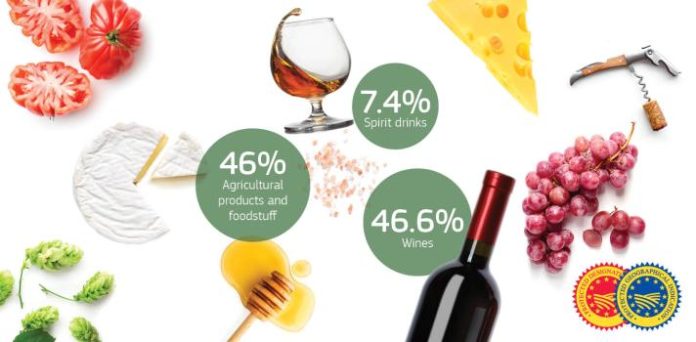The final version of the revised Geographical Indications (GIs) Regulation, approved on 28 February, protects food and producers, despite criticism by the Greens over the lack of environmental obligations.
The text was approved almost unanimously: 520 votes in favour, 19 against and 64 abstentions.
There are currently 3,500 geographical indications, which bring 80 billion euros to the EU annually. Paolo De Castro, rapporteur for the reform, stated:
Our political will is to support our producers, so that our production systems are increasingly sustainable and resilient.
In 2022, the Commission proposed a revision of the EU Geographical Indications Regulation to address certain shortcomings identified in the 2021 assessment.
The evaluation pointed to a lack of consumer awareness of the GI logo in some EU countries, low levels of compliance with legislation, shortcomings in environmental issues as well as complex registration and amendment procedures. The reform also provided enhanced protection for GIs online.
For online purchases, a geo-blocking system will guarantee protection against fake sites that copy marks.
According to the speaker, the new text grants more rights to consortia. They will be able to prevent or counteract any measure or commercial practice that harms the image and value of their products, including price.
To increase transparency for consumers, the label must also include the name of the producer in addition to the name of the GI.
The European Union Intellectual Property Organisation (EUIPO) will provide important advisory support on administrative matters, as well as facilitate the protection and promotion of GIs through the EU’s online Geographical Indications register.
According to Green MEP Manuela Ripa, there is “no single standard, no control and no obligation” to protect ecosystems and animals. Ripa also notes that sustainability actions can be set by producer groups, which carries the risk of “greenwashing” and can “mislead” consumers.
